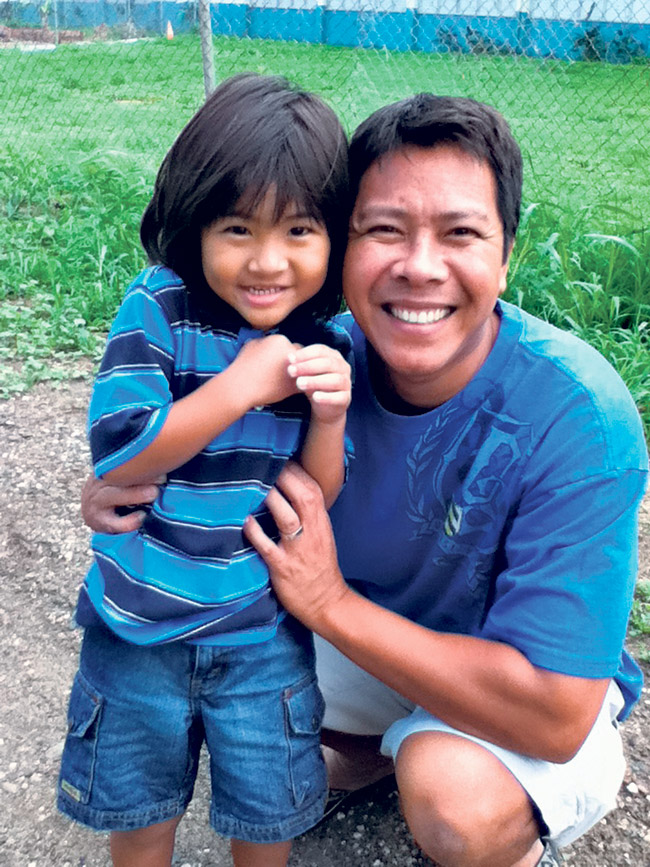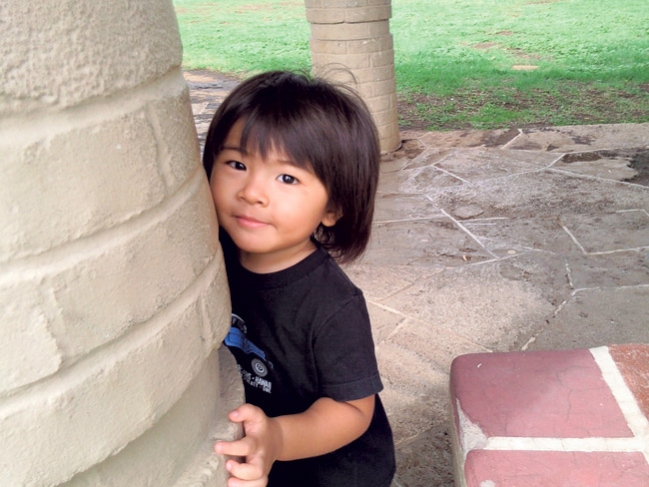TACA Is There For Families Of Autism
Discovering your child is autistic can be traumatic, but a support group offers advice dealing with a variety of issues unique to this disease
Each year, billions of dollars are spent looking for the cures to diseases that plague this world.
One day, when a scientist discovers the cure for cancer, he or she is going to make Jonas Salk look like Jonah Hill in comparison.
In the meantime, there are everyday needs that must be met, questions that need answers and shoulders that are cried on. In the case of HIV, victims can turn to the Life Foundation; for cancer, there is American Cancer Society, and for parents whose children are suffering from autism, there is Talking About Curing Autism (TACA).
“We are unique, because the ways that we provide help goes directly to the families. There are a lot of great organizations that have their funds go to research, which is good, but there is a huge need for direct help with medical expenses. Families need help today,” says Dee Asuncion, a Realtor by trade and ardent TACA volunteer.
Asuncion was one of those people in need of help when five years ago she noticed a change in her then 14-month-old son, Khalon.
“He was such a happy baby, then all of a sudden he got real serious,” says Asuncion. “That was the opposite of his father (Paul, a recruiter with Heald College) and me, but the doctor said it was just his personality.”
It was then that Asuncion discovered the Rube Goldberg device, which is used currently as an autism diagnosis mechanism in America. Her pediatrician was not qualified to make the diagnosis, and the only organization she could find locally was the state Department of Health, and there was a 10-month wait for the state to see Khalon.
They drained their bank accounts trying to find a reason why their smiling young boy had become so austere and silent. There were no answers for them.
The Asuncions had to turn to the Internet and Yellow Pages looking for a solution.
“It was so frustrating having to tell complete strangers over the phone, ‘Yes I want my son to talk.’ They did not understand,” recalls Asuncion.
It was not until she stumbled across a video by an organization called Autism Speaks that the light went on for the Asuncions.
“I felt like I was looking at my son,” says Asuncion, recalling the actions of the child in the video.
Finally with a direction, they looked for help in the community and found TACA.
“It was so helpful, words cannot say enough,” says Asuncion about the relief of finally finding people who understood what they were going through. “What (families) are going to find when they go there is they will see a lot of other people are going through what they are going through. So that immediately helps the isolation, and they will get help immediately.
“Medical issues, where to find a psychologist, how to work with the schools – it is a one-stop shop. If it can’t provide you a resource, it will tell you where to get that help. Finding TACA was everything for us.”
Sadly, the Asuncions’ story is not unique. In fact, it almost has become commonplace, as autism rates have skyrocketed in recent years. Today, one out of every 88 children is diagnosed with the condition and, in boys, the numbers are even starker, with one out of every 54 being afflicted.
The organization was formed as an answer to a medical field, which, at the time in 1999, recommended to TACA’s founder, Lisa Ackerman, that she look for some kind of “institutional placement” for her son diagnosed with autism at the age of 2.
“The common message we were given was there was no hope, no cure,” writes Ackerman on her website tacanow.org. “Refusing to give up on our son, the most important step for us was to get busy. It was up to us, his parents, to make a difference for his future.”
Their actions helped not just their son, who is now a high-functioning high-schooler, but thousands of parents – first in Southern California, and now in 19 states.
They wrote a handbook titled Autism Journey Guide, which serves as a roadmap for parents as they try to navigate how to best serve their child’s needs. It is about empowering parents to help their families through firsthand testimonies, alternative treatment methods and extensive research – all in one 400-page book.
“Parents have to take the initiative themselves, and that is where we lose a lot of families – a lot of the parents will be in denial,” says Asuncion. “Our main goal is to educate parents, to help them navigate through this complicated system and give them the steps from proper nutrition to working with the DOE.”







